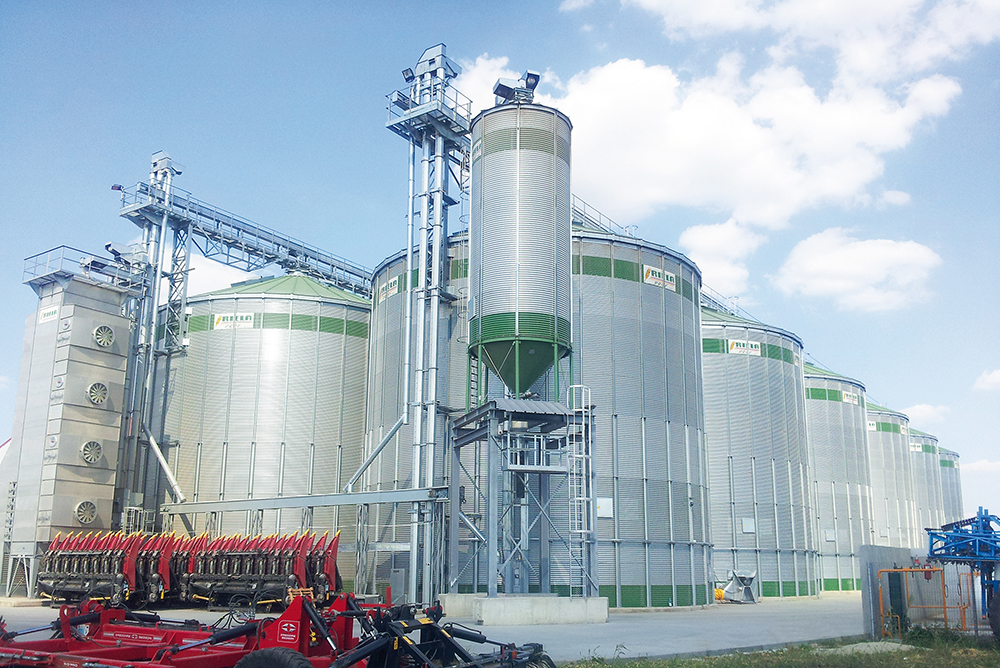The government of Ghana has cut sod to mark the commencement of construction of US $6m watermelon processing factory in Walewale in the North East Region.
Vice President Dr Mahamudu Bawumia performed the sod cutting ceremony and said that the part of President Akufo-Addo’s efforts to reduce rural-urban migration and revitalise the country’s industrial base.
Also Read:Kayonza Tea Factory in Uganda, to construct a second workshop
Improving economic wellbeing
The factory project is under the “One-District, One-Factory” initiative. It is being funded by the Exim Bank and scheduled for completion by the end of 2020. The project is expected to create more than 300 direct employment and provide a ready market for between 2000 and 3000 peasant farmers.
“The President pledged before Ghanaians his commitment to pursuing an aggressive industrialisation and value addition to agricultural produce through the flagship 1D1F programme,” said Dr Mahamudu Bawumia.
The factory upon completion is also projected to eliminate the yearly post-harvest losses by watermelon farmers, especially, in the Walewale enclave and its surrounding communities. This will in return improve the economic wellbeing of the people.
“The fear of post-harvest losses would be a thing of the past and encouraged farmers to explore all-year round farming in order to regularly feed the watermelon factory,” said the vice president.
One district one factory initiative
The one district one factory initiative, which is also part of the “Creating and Capturing Value” (Capval) project was launched in 2015 by the International Water Management Institute (IWMI) and Jekora Ventures Limited with support from the Netherlands Enterprise Agency.
The ‘One-District-One-Factory’ programme is aimed at establishing, at least, one factory or enterprise in each of the 216 districts of Ghana as a means of creating economic growth poles that would accelerate the development of those areas and create jobs for the teeming youth.
The policy aims to transform the structure of the economy from one dependent on production and export of raw materials to a value-added industrialized economy, driven primarily by the private sector. Already about 181 factories are at various stages of completion with some 58 of them already completed.
